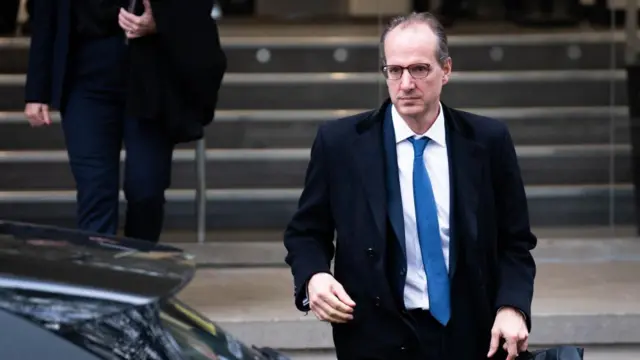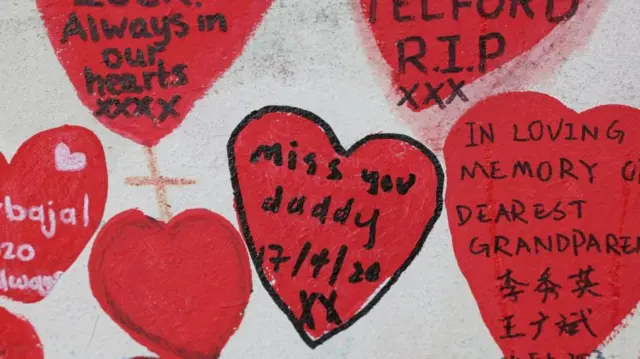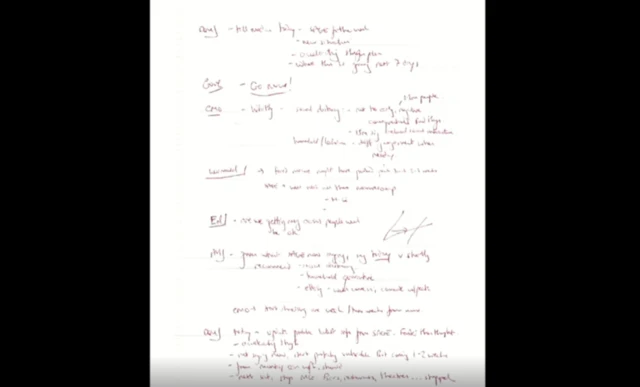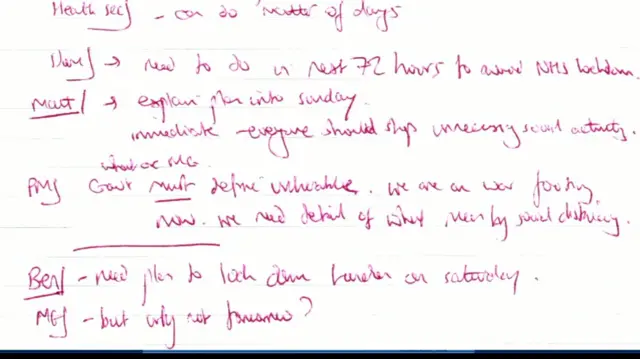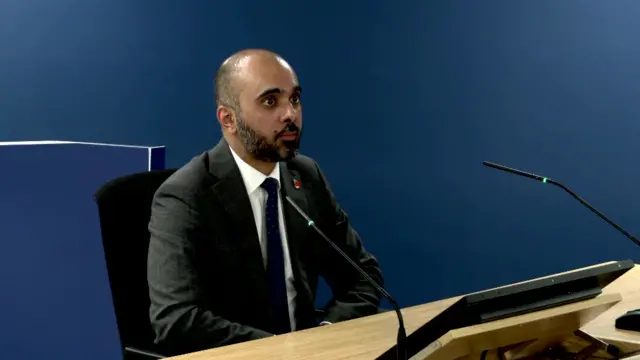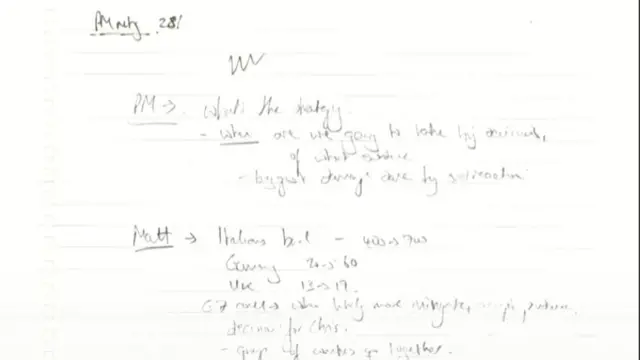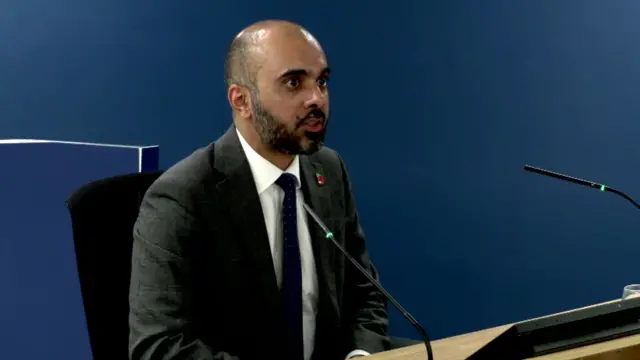Thanks for followingpublished at 18:10 GMT 30 October 2023
Sam Hancock
Live reporter
That's all for today's coverage - we appreciate you following this live text and stream.
- We heard that the UK's top civil servant told colleagues at the height of the pandemic that Boris Johnson "cannot lead". Read our new report here
- For the upsum of our political correspondent Nick Eardley, you need head no further than his earlier post on this page
- And for a reminder of what the Covid-19 inquiry is all about, head here
Updates were brought to you by Sam Francis, Thomas Mackintosh, Imogen James, Marita Moloney, Krystyna Gajda, James FitzGerald, Andrew Humphrey and me.
